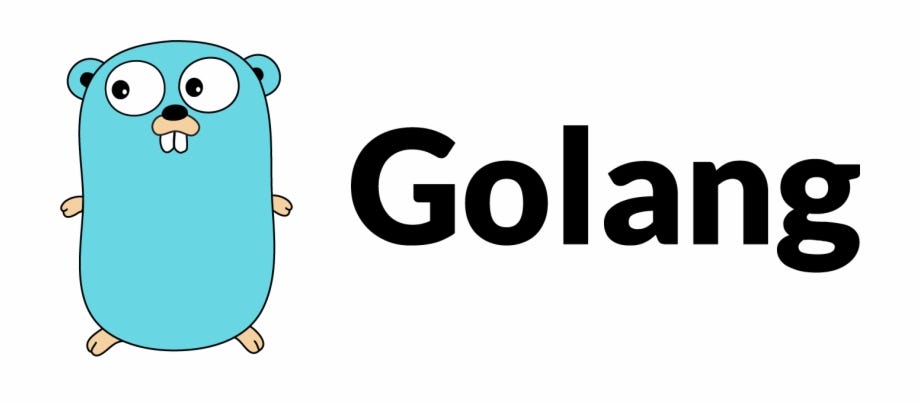Introduction to Go Functions
In Go programming, functions are a fundamental building block. They encapsulate a set of statements to perform a specific task and can be called multiple times throughout your program. This tutorial will walk you through everything you need to know about functions in Go, from basic syntax to more advanced concepts.
Syntax of a Function in Go
Here’s the basic syntax of a function in Go:
func functionName(parameter1 type1, parameter2 type2, ...) returntype {
// Function body
}- func: keyword to declare a function.
- functionName: name of the function.
- parameters: input values for the function.
- returntype: data type of the value returned by the function.
Example of a Simple Function
Let’s create a simple function called add that takes two integers as input and returns their sum:
package main
import "fmt"
func add(a, b int) int {
return a + b
}
func main() {
result := add(3, 5)
fmt.Println("Sum:", result)
}In this example, add function takes two integers a and b as parameters and returns their sum.
Multiple Return Values
Go functions can return multiple values. Here’s an example:
func swap(x, y string) (string, string) {
return y, x
}
func main() {
a, b := swap("hello", "world")
fmt.Println(a, b) // Output: world hello
}Anonymous Functions
Anonymous functions, also known as function literals, don’t have a name. They can be declared inline or assigned to variables. Here’s an example:
package main
import "fmt"
func main() {
add := func(x, y int) int {
return x + y
}
result := add(3, 5)
fmt.Println("Sum:", result)
}Passing Functions as Arguments
In Go, you can pass functions as arguments to other functions. This is useful for implementing callbacks and higher-order functions. Here’s an example:
package main
import "fmt"
func applyFunc(f func(int, int) int, x, y int) int {
return f(x, y)
}
func add(a, b int) int {
return a + b
}
func multiply(a, b int) int {
return a * b
}
func main() {
result1 := applyFunc(add, 3, 5)
fmt.Println("Sum:", result1)
result2 := applyFunc(multiply, 3, 5)
fmt.Println("Product:", result2)
}Conclusion
Functions are a crucial aspect of Go programming. Understanding how to declare, define, and use functions effectively is essential for writing clean and efficient Go code. With the knowledge gained from this tutorial, you can start building more complex Go applications with confidence.


